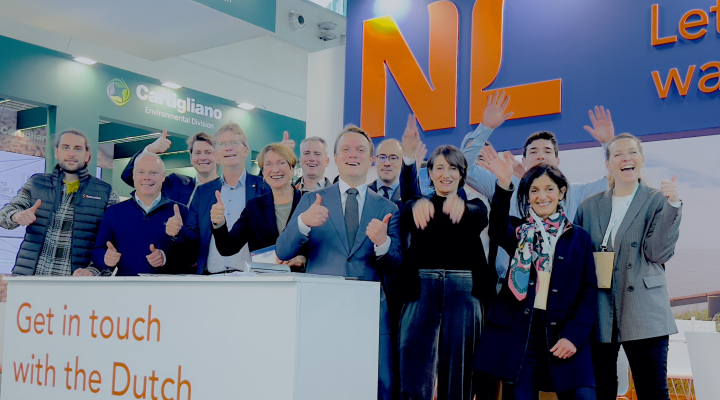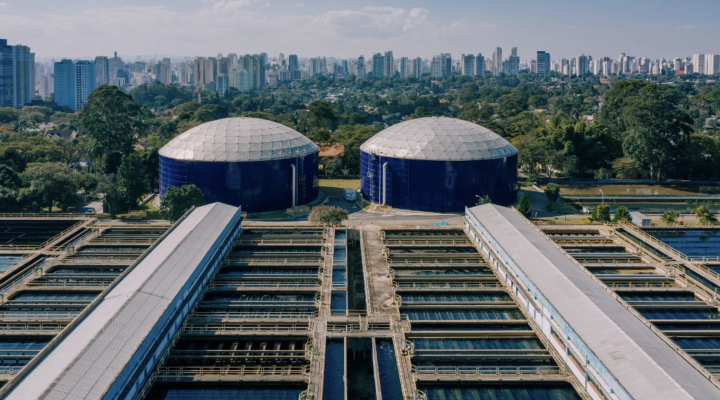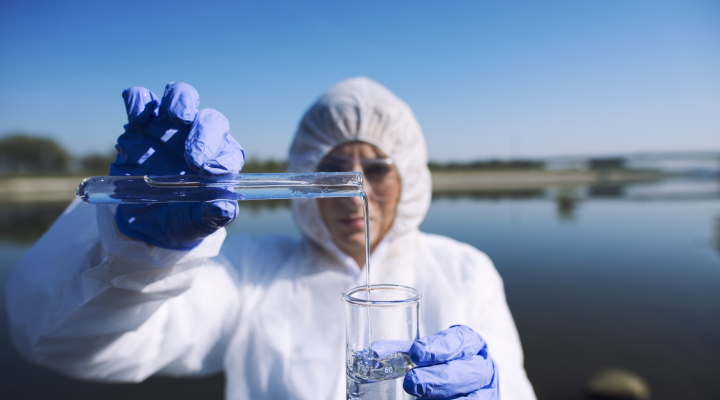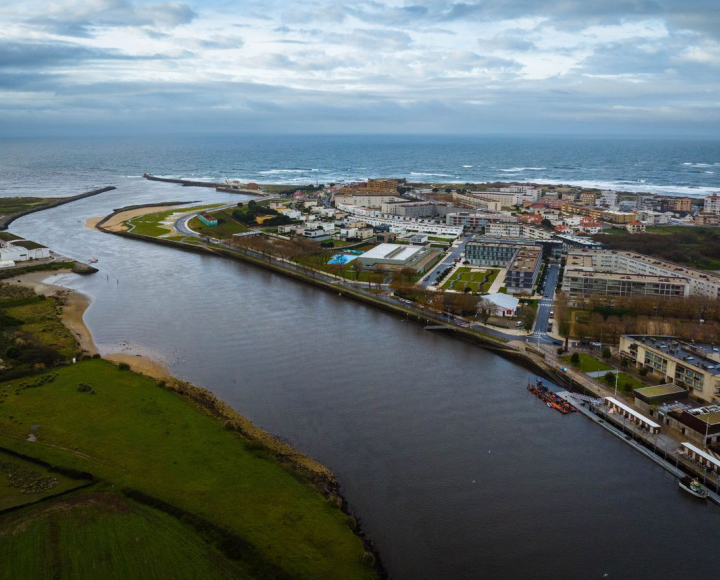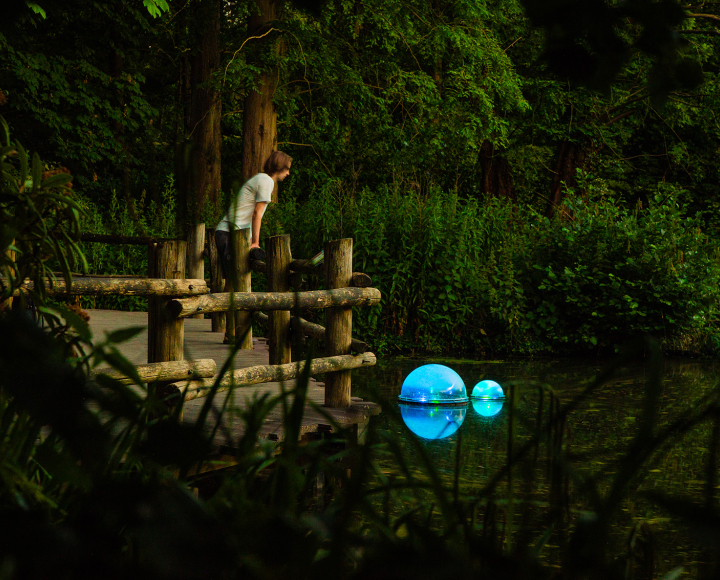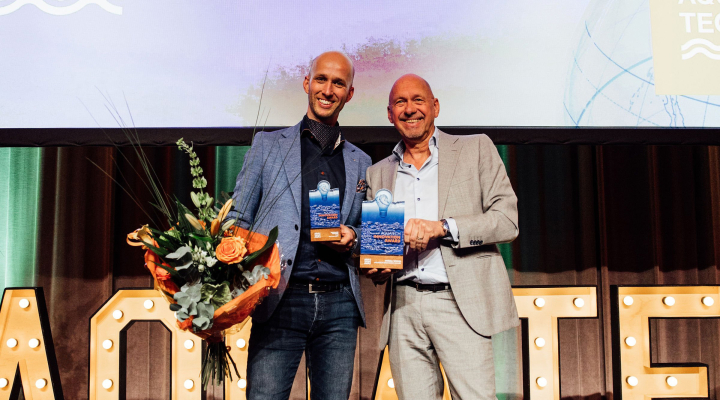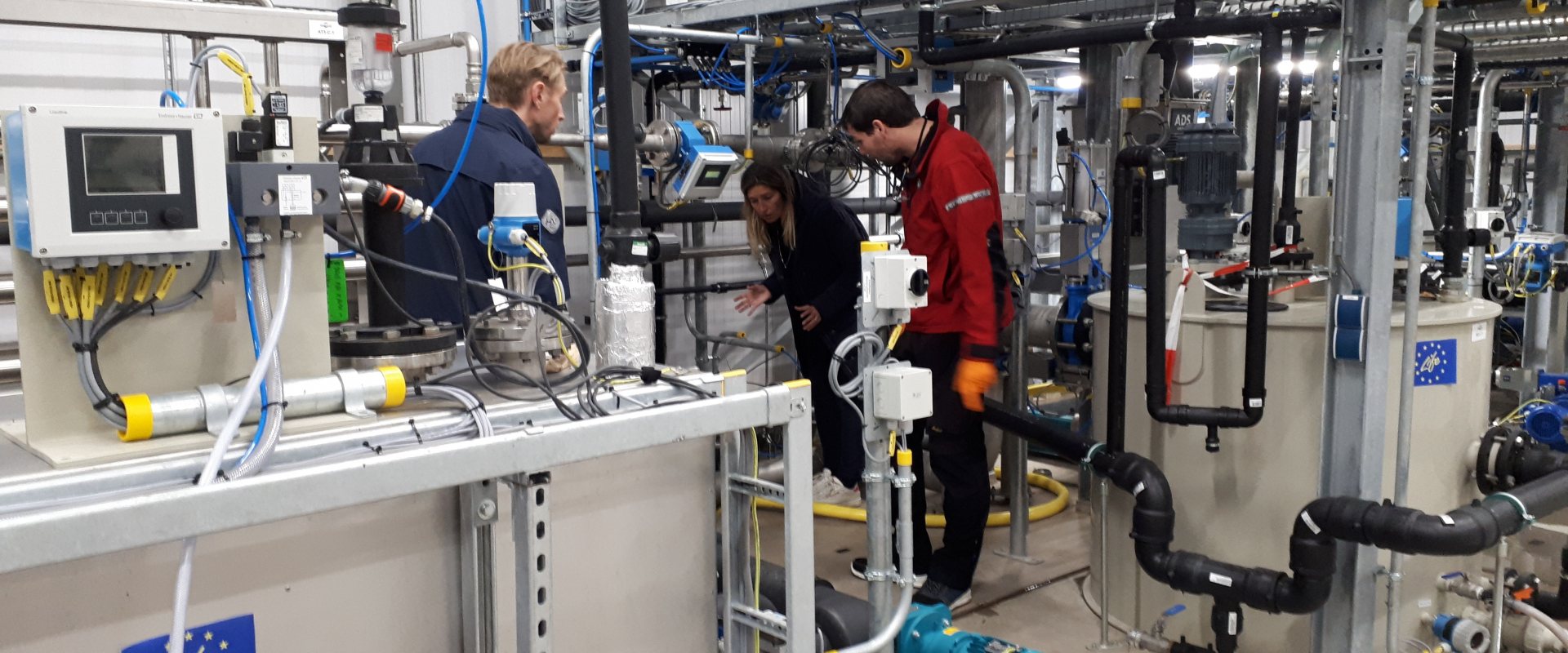
Second plant to produce Kaumera Nereda Gum from sewage sludge
Regional water authority Vallei en Veluwe started the production of biobased Kaumera Nereda Gum at its waste water treatment plant Epe, the Netherlands, on 1 December. It is the second Kaumera production plant in the Netherlands. Different from the first plant, this new plant extracts the gum from municipal waste water only.
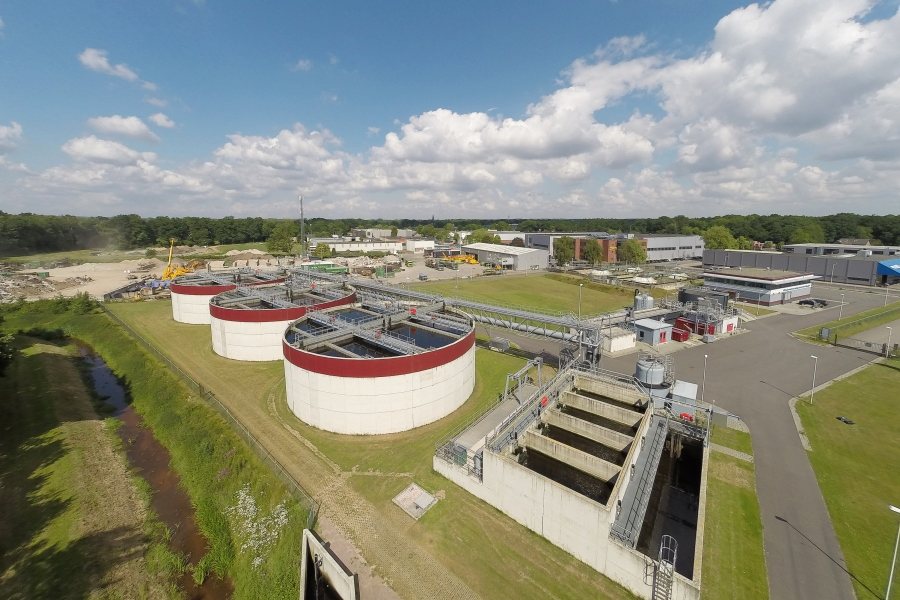

Circular economy
The start of the production of Kaumera Nereda Gum from sewage water is a next step by Dutch regional water authorities in their ambition to close the water cycle and become fully circular by 2050.
The first production plant for Kaumera at wwtp Zutphen was opened in October 2019 but extracted the gum from industrial waste water. Compared to the influent of the industrial waste water, the influent of municipal waste water has more daily fluctuations in volume, temperature and pollutants.
The plant at wwtp Epe has been designed to produce 50 ton Kaumera annually. The maximum potential is twice as much but the capacity will be increased in accordance with the market demand.
The first Kaumera plant at wwtp Zutphen has a much higher capacity and is designed to produce up to 400 ton annually.
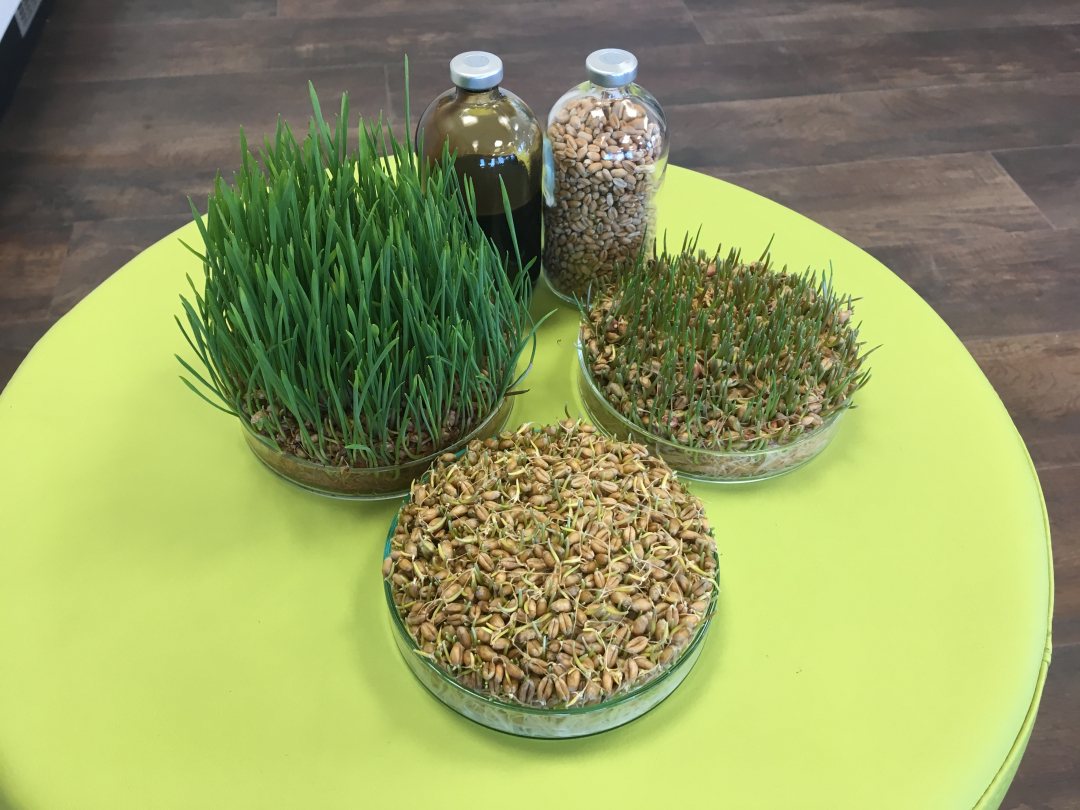

Versatile biopolymer
Kaumera is a very versatile biopolymer that is extracted from aerobic granular sludge originated from the Nereda wastewater treatment process.
It has environmental and economic benefits over oil-based polymers when used in agriculture, the building sector, and the textile and paper industries. One of its core features is its ability to both absorb and repel water, offering various opportunities. As such it can be used as coating material for slow-release fertilizers. Other potential applications are a fire retardant, a curing agent for concrete and a binding agent to help pelletize powder-like materials such as struvite.
A special platform, the Kaumera Market Hub, has been assigned to further develop these applications and their markets.
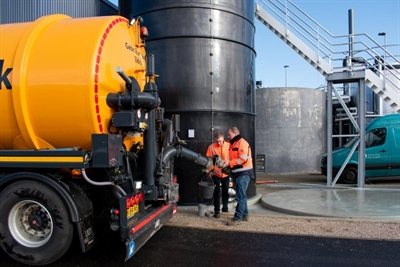

Cost reduction
According to Veronique Renard, account manager Nereda at Royal HaskoningDHV, the second plant increases the potential for Kaumera: ‘We can now also produce Kaumera from a municipal Nereda installation. This gives us the opportunity to compare the extracted raw material coming from an industrial installation with material coming from a municipal installation and to make an even bigger step in the applications of Kaumera’.
The potential to sell Kaumera as a biobased polymer, provides Royal HaskoningDHV an additional advantage, when offering its Nereda patented aerobic granular sludge technology.
Nereda offers a high purification efficiency, takes up little space (no large settling tanks needed) and consumes relatively little energy, when compared to conventional active sludge technologies. With Kaumera, operators have the potential to reduce their operational costs.




